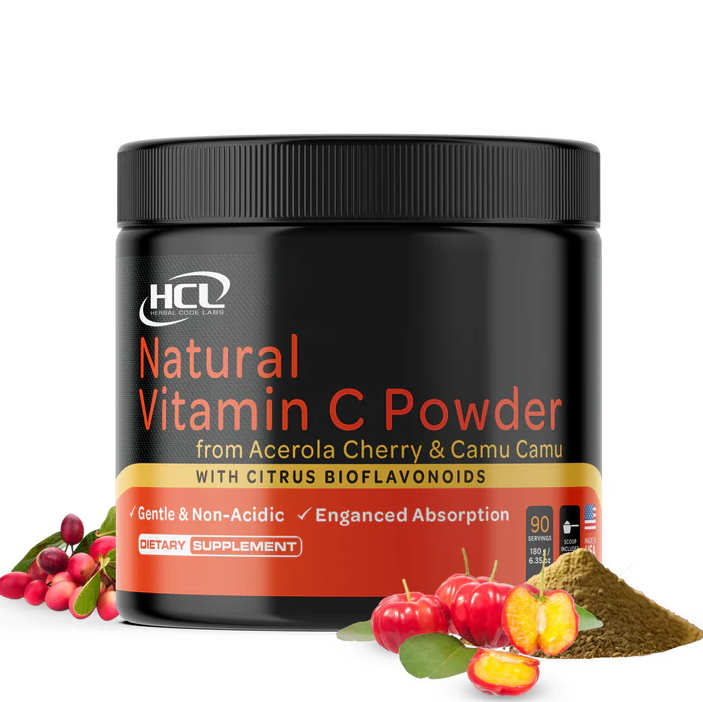The immune system is the body’s natural defense against infections and diseases. Maintaining a healthy immune system is crucial for overall well-being. One of the most effective ways to support immune function is through the intake of immune system vitamins. These essential nutrients play a significant role in keeping your body’s defenses strong and resilient. In this article, we will explore the most important immune system vitamins and how they contribute to strengthening your immune health.
The Importance of Immune System Vitamins for Your Body’s Defense
Vitamins are organic compounds that our bodies require in small amounts to maintain proper function. Immune system vitamins, in particular, are crucial for promoting the health and efficiency of immune cells. A deficiency in these vitamins can weaken the immune system, making it more susceptible to infections and illnesses.
Vitamin C: The Powerhouse of Immune Support
One of the most well-known immune system vitamins is Vitamin C, often associated with its ability to fight off the common cold. This powerful antioxidant is vital for the production and function of white blood cells, which play a crucial role in immune response. Vitamin C also helps protect the body against oxidative stress, supporting the overall immune system’s resilience.
Natural Vitamin C, found in fruits and vegetables like oranges, strawberries, and bell peppers, is especially beneficial because it is easily absorbed by the body and offers additional nutrients that support overall health. Consuming a balanced diet rich in natural sources of Vitamin C can help your body stay strong and better equipped to fight infections.
Vitamin D: Essential for Immune Activation
Vitamin D is another important nutrient for the immune system. Unlike Vitamin C, Vitamin D is a fat-soluble vitamin that helps regulate the immune response. It plays a key role in activating T-cells, which are critical for the body’s defense against pathogens. Low levels of Vitamin D have been linked to an increased risk of infections and autoimmune diseases.
Getting enough sunlight exposure is one of the most natural ways to increase Vitamin D levels in the body. Additionally, you can find Vitamin D in fortified foods, such as dairy products and eggs, as well as in fatty fish like salmon and mackerel.
Vitamin A: Key for Immune Function and Mucosal Defense
Vitamin A is essential for maintaining the health of mucous membranes in the respiratory and gastrointestinal tracts. These areas serve as the body’s first line of defense against invading pathogens. Vitamin A also plays a role in the production of white blood cells, which are involved in immune responses.
Natural sources of Vitamin A include foods like sweet potatoes, carrots, and dark leafy greens. These plant-based foods provide beta-carotene, which the body converts into Vitamin A, helping support a healthy immune system.
Vitamin E: A Powerful Antioxidant for Immune Health
Vitamin E is a potent antioxidant that helps combat free radicals, unstable molecules that can cause damage to cells and tissues. By reducing oxidative stress, Vitamin E supports the immune system’s ability to function properly. It is also involved in the production of immune cells and the regulation of inflammation.
Nuts, seeds, and green leafy vegetables are excellent natural sources of Vitamin E. Incorporating these foods into your daily diet can help improve your body’s immune response.
Conclusion: Nourish Your Immune System with a Balanced Diet of Essential Vitamins
Incorporating immune system vitamins such as Vitamin C, Vitamin D, Vitamin A, and Vitamin E into your daily routine is a natural and effective way to support your immune health. A diet rich in these vitamins, particularly from whole foods like fruits, vegetables, and nuts, can help ensure your body remains strong and resilient against infections and diseases.
By making small adjustments to your diet and lifestyle, you can strengthen your immune system and reduce your risk of illness. Remember, a well-rounded approach to nutrition, including regular physical activity and adequate sleep, will also contribute to maintaining optimal immune health. Keep your body nourished with essential vitamins, and you’ll be better equipped to face whatever challenges come your way.











